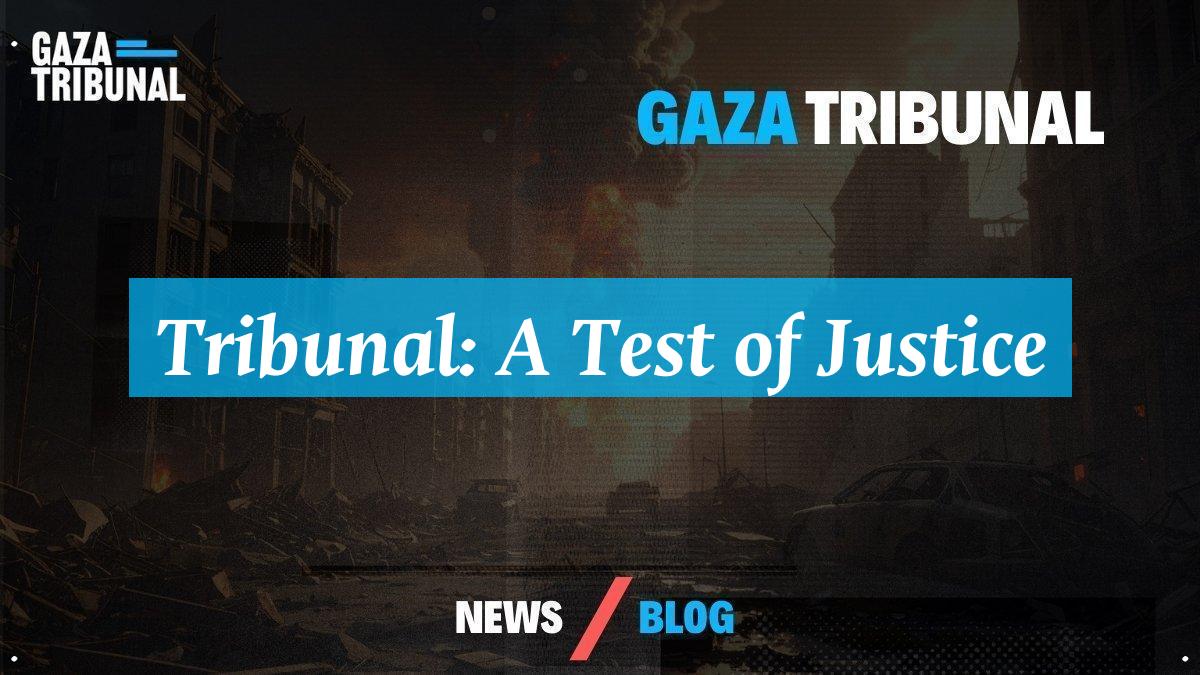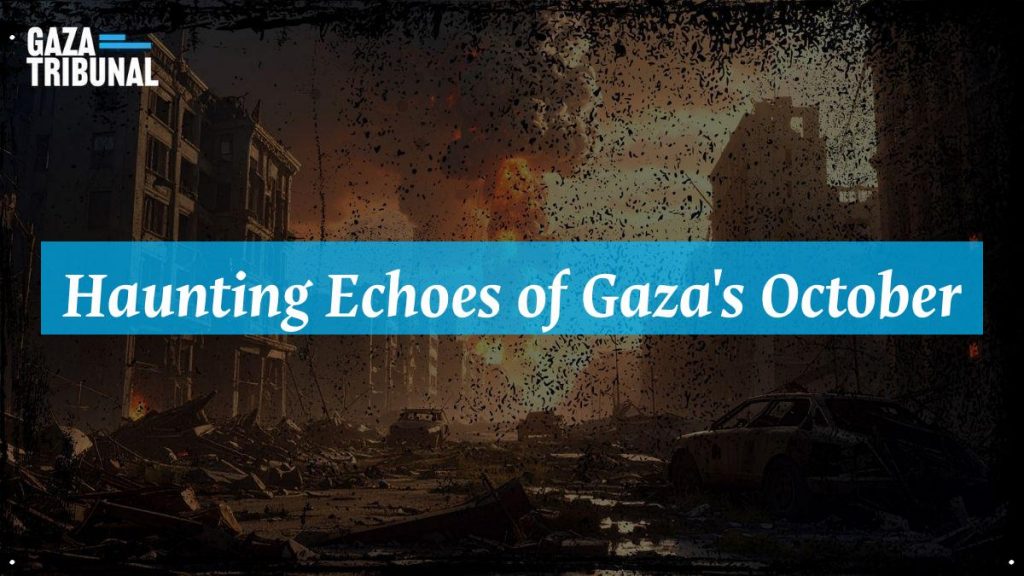In the heart of Gaza, the October 7 tragedy marked a devastating shift in everyday life, transforming the echoes of laughter into whispers of sorrow. As we delve deeper into Hanadi Siyam’s narrative, we witness how a single day shattered countless dreams and lives. The vibrant memories of her childhood fade into a backdrop of loss, compelling us to reflect on resilience amidst grief. What stays with us through her story is not merely the anguish but also the endurance to keep the memory alive. After all, how can we truly heal if we do not confront the stories that shape us? As we explore her journey, we must recognize the profound need for justice, while honoring the ties to family that persist even in the darkest times. For more updates, visit our news category.
Similarly, as the dust settles over Gaza, the October 7 tragedy serves as a stark reminder of humanity’s fragility. Hanadi’s struggle embodies the relentless pursuit of hope against the backdrop of despair. While society grapples with loss, her promises to her departed loved ones resonate as calls for accountability and remembrance. Each fragment of her experience highlights the necessity of preserving such voices, weaving a tapestry of shared humanity that transcends borders. So, let us consider: can we truly ignore such pain when it cries out for acknowledgment? Together, as witnesses to her story, we must carry forward the weight of memory and the imperative for a better tomorrow. Readers can find more information on our homepage.
Life in Gaza: A Tapestry of Dreams
In Gaza, where the sun shines brightly over bustling markets and vibrant streets, Hanadi Siyam grew up surrounded by love. Her father, a contractor, didn’t just build homes; he constructed dreams. Each day, laughter filled their space, mingling with the aroma of traditional dishes. Hanadi’s two sisters and two brothers added to the symphony of family life. “Gaza was beautiful,” she recalls, “because of its people—their spirit, their gatherings, their resilience.” This nurturing environment fueled her ambition, pushing her to seek higher education, a path filled with hope.
At 18, she left Gaza for the first time, embarking on an educational journey beyond its borders. The transition proved challenging. New languages, different cultures, and a world she barely knew awaited her. “My family supported me so much,” Hanadi remembers, pride evident in her tone. “They believed in my dreams.” She envisioned returning home as a stronger version of herself, ready to uplift her community. However, everything changed on October 7. That day shattered her dreams, flipping her world upside down. How could one moment alter everything?
November 11: A Day of Heartbreak
November 11 became a day that marked loss in Hanadi’s life. She sat studying for an exam, while darkness loomed outside. Al Jazeera’s murmurs droned on, yet her focus faltered. When she called her father, his voice lacked the usual warmth. “Not normal,” he said, attempting to shield her from the harsh truth. Grief doesn’t wait, though. “Has someone been martyred?” she asked, her heart pounding. The answer crushed her: her beloved aunt Sally and her sister’s husband, Ibrahim, had been lost forever.
A heaviness settled around her like a shroud. University faded into the background; her professors reached out, concerned for their once-vibrant student. “If you lose your scholarship, I’ll give you another,” one assured her. Yet, she felt like a ghost, attending classes but unable to engage. The weight of loss pressed heavily against her. How could she continue? Each day felt like a battle, an uphill climb with no end in sight.
The Love of Zakiya: A Grandmother’s Legacy
Just a month later, tragedy struck again. Hanadi’s grandmother, Zakiya, had gone out to knead bread. She never returned. An airstrike targeted her residential building without warning. “An ordinary civilian house. Civilian, civilian, civilian—nothing in it,” Hanadi insists, her voice trembling. Zakiya was not just a grandmother; she was a mother figure, a beacon of warmth. The balcony overflowed with mint and cactus, symbols of her love for life.
Hanadi remembers Zakiya’s deep sorrow over her daughter Sally, who had been killed earlier. “Take me to my daughter,” she would plead at the window, her cries echoing in Hanadi’s heart. The cruel irony struck hard; Zakiya became a victim, martyred alongside her loved ones. The pain enveloped Hanadi, leaving her helpless. “How could this happen?” she wondered, searching for answers amidst the chaos. Each loss compounded the grief, making it harder to breathe.
The Strength of Survival: Voices of Resilience
“Survival itself became a responsibility,” Hanadi states, her determination shining through. Daily struggles for food and water defined their existence. Her younger brother, Maysara, described running toward bags of flour, navigating a grim landscape. “I walked over corpses,” he recalled, the innocence of childhood stripped away. The faces in photographs reflected weariness and hardship. “Fatigue changed us,” Hanadi acknowledges, her heart heavy with the burden of survival.
Yet, amidst despair, Hanadi clings to hope. “I still believe she’s with me in my details,” she says, her voice softening. She keeps her family’s pictures on the walls, greeting them each morning and evening. Each achievement becomes a tribute to their memory. “When I grow up, they’ll be proud of me,” she whispers, determination igniting her spirit. Thank you for joining me on this journey. Together, we can remember and honor those lost in this struggle. Source: Plushaberler.



